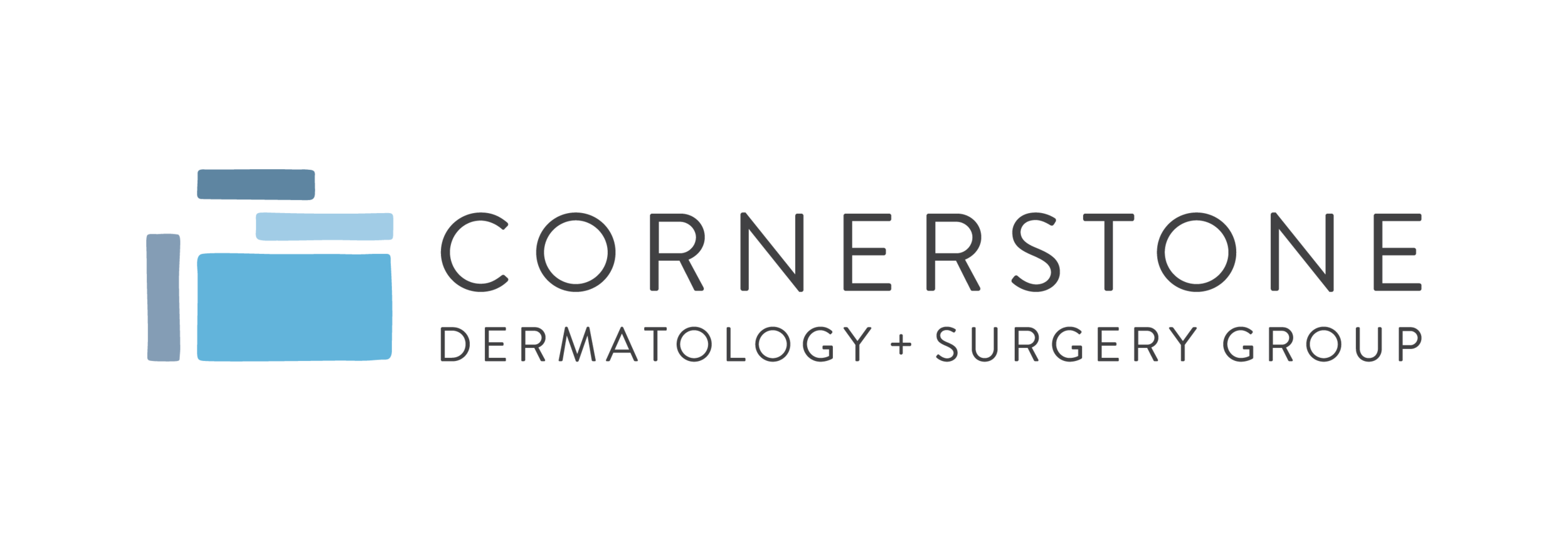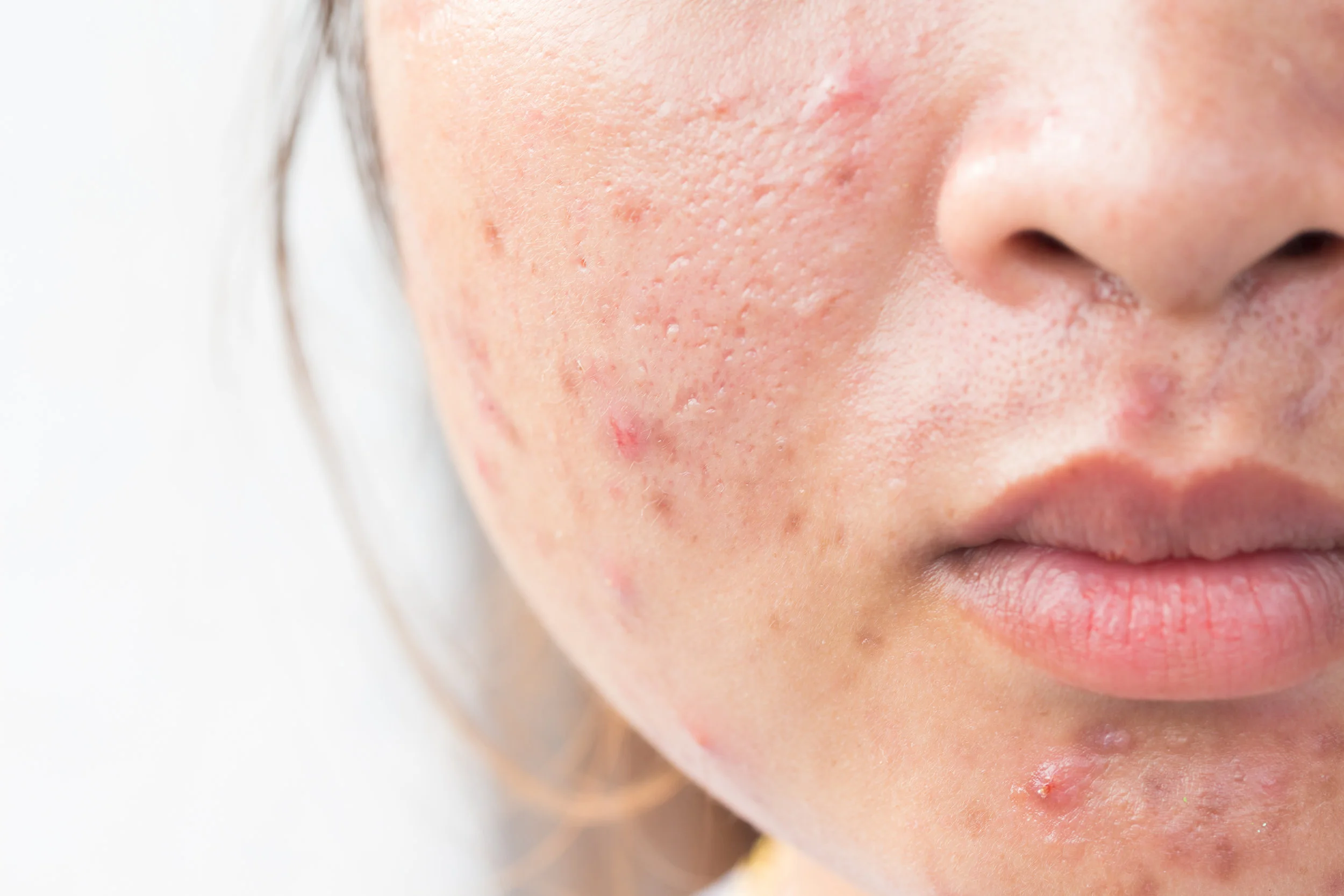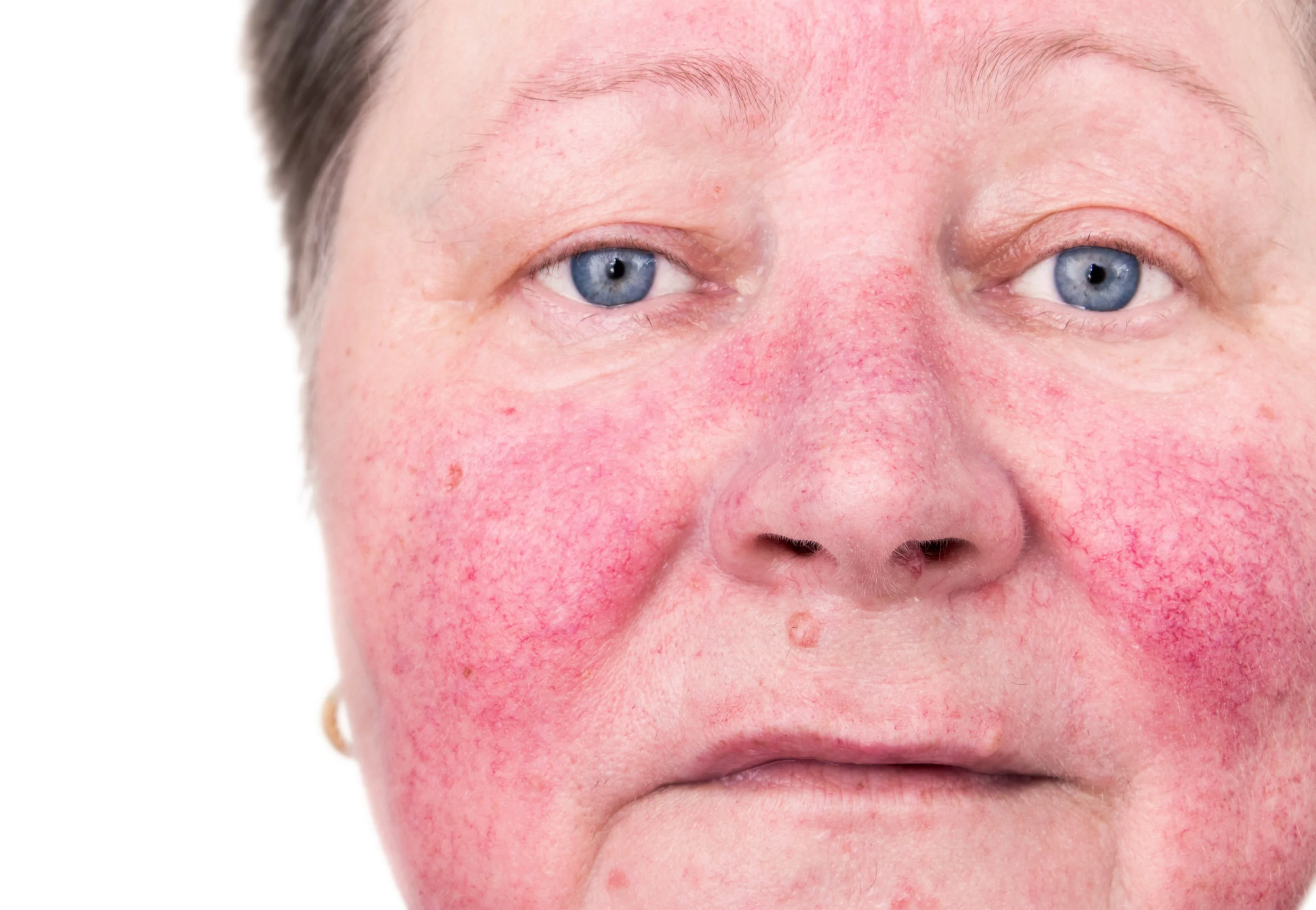Acne and Rosacea
Acne
Acne is the most common skin condition treated by dermatologists. It is extremely prevalent in teenagers, but also affects adults. Many things contribute to the development of acne including oil, bacteria that lives on our skin and hormones. All of these factors lead to blackheads, whiteheads, pimples, inflammation, cysts and nodules that can eventually lead to scarring. Acne can be a source of physical discomfort as well social embarrassment at times.
Fortunately, there are many effective therapies. The type of treatment chosen depends on the severity of your acne and your skin type. Options range from cleansers, topical therapies (creams or gels that you apply to your skin), or oral medications that are used when your acne becomes more severe. There are even procedures that can be performed to help your acne such as laser/light treatments or chemical peels.
Dr. David Fieleke and the team at Cornerstone Dermatology can help determine which treatments will be right for you and help you develop a plan to control your acne. It is important to us to understand how the acne affects you and to choose therapies that will fit your goals and lifestyle.
Rosacea
Rosacea is a condition that leads to redness, flushing and pimples along the nose, cheeks, forehead and/or chin. The skin may burn, sting or become very sensitive. Sometimes the redness is the most prominent component, other times acne-like breakouts are more common. Some people develop thickening of the skin with a bumpy texture that can lead to enlargement of the involved areas (called rhinophyma when it involves the nose). The eyes can be affected as well, causing redness, irritation, blurriness, or “floaters.”
The choice of a treatment depends on which component of rosacea is most prominent as well as the severity. Topical therapies (medicines applied onto the skin) are frequently used, but pills become necessary sometimes as well. Lasers or light-based devices are helpful to target persistent redness or broken blood vessels in the skin. Identifying and avoiding potential triggers (such as excess sun exposure, red wine or spicy foods) is also important in managing rosacea. A dermatologist can help determine which treatment will best reduce the appearance of the rosacea and control any associated symptoms.



